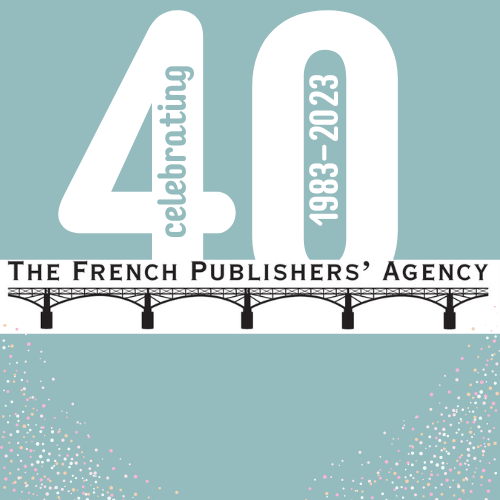LAW WITHOUT THE STATE: ON DEMOCRACY IN FRANCE AND IN THE UNITED STATES
Laurent Cohen-Tanugi
Preface by Stanley Hoffman
(PUF, 288 pages, 1st ed., 1985; 3rd ed., Quadrige, 2016)
This is the most Tocquevillian work on the United States written since Tocqueville . . . Like Tocqueville, Laurent Cohen-Tanugi has the gift for capturing the very essence of a society.
—Stanley Hoffman
As Alexis de Tocqueville did so famously before him, Cohen-Tanugi turned his attention toward the United States in order to reflect on the failings of his native country. In particular, the author examines the fundamentally different roles that law plays in each country. Can France adopt, he asks, some of the most positive aspects of the American model without automatically assuming its flaws? Law Without the State is the starting point of Cohen-Tanugi’s decades-long reflection on the burning political and economic issues now facing our world
First published in the mid-1980s, reedited three times, and now with a 2007 update, Law Without the State considers the interactions between the legal and political realms in France and the United States. A strong centralized state, Cohen-Tanugi writes, may have historically served France well on military, political, or diplomatic levels. Today, however, this model shows signs of wear and tear as it faces new economic challenges and cultural realities. How then, he asks, can we rethink the role of the state in France and reimagine an alternative model of social regulation?
For Cohen-Tanugi, a public intellectual and internationally published author, the United States provides a useful point of comparison. In the United States, law serves as an innovative tool for social change. It is an expression of society and an outcome of the different, particular, and competitive interests that come to define the common good. In France, the state is the great architect of solidarity and social justice, and law is “nearly exclusively the product of an administrative . . . and monopolistic state.” Cohen-Tanugi’s comparative analysis avoids the pitfalls of preconceived ideas and all too prevalent generalizations on each side of the Atlantic and illuminates the differences between the ideological systems.
Cohen-Tanugi’s reflections are not merely academic: In his view, France has no choice but to reform itself. Early on he foresaw that the rise of global governance, i.e., a multilateral international order based on the rule of law, the impact of new technologies, and the growth of Europe, would bring about the need for reforms. France, he hoped, would be pushed in the direction of a more contractual society. His latest thinking, on the impact of the book, notes its threefold contribution to the French debate: that of a deeper and more positive understanding of the role of law in American democracy; that of a less superficial vision of liberalism which greatly contributed to renovating reformist thought in France; and that of a new theoretical reflection on law and democracy.
Laurent Cohen-Tanugi is a Paris-based international lawyer and public intellectual, and a recognized expert on European affairs and international relations. He has published several influential books on democracy and the rule of law, European integration, transatlantic relations, and globalization, including The Shape of the World to Come: Charting the Geopolitics of a New Century (Columbia University Press, 2008) and An Alliance at Risk: The United States and Europe Since September 11 (John Hopkins University Press, 2003).

